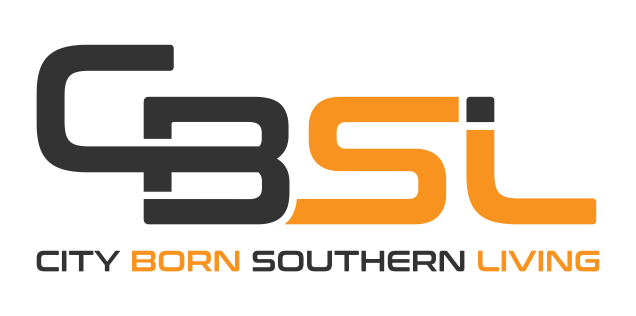4 Simple Networking Tips Learned from the “Baby Boomer” Generation
People with their heads down in phones or laptops lined the halls of a beautiful resort convention center when I arrived at a work conference.
As I walked into the registration office, the only people offering eye contact and smiles were behind the welcoming center desk.
The conference continued throughout the week; there was a trend. Some people connected to me regardless of our different backgrounds. We made connections based on similar interests, exchanged contact information and have kept in touch. Others were very detached from the whole networking experience consumed with their personal devices.
At the end of the conference, the last session was a panel discussion. One of the guests on the stage made an opening comment that hit home for me, “Baby boomers have the strongest understanding of the fundamentals and importance of making a real human connection.”
Making Human Connections:
The baby boomer generation grew up and worked in a world before we were so plugged into devices. Most of our successful tools were created by people born during this time period. Understanding the reason behind why it is important to really connect with people has reflected through the way they use technology.
By making real human connections we give our intuition a chance to help us network and build a stronger foundation for relationships. Technology can then be used to keep the conversations and sharing going. Ignoring the first step of connecting with the human aspect of networking might result in making decisions based on false internet personas instead of the person you met and now know.
“Without human connection, your life will bear no meaning and your reality will be distorted.”
Benefits:
Benefits of human connection include:
Physical Health: The immune systems of people with a variety of friends tended to work better, possibly due to lower levels of stress hormone release by the well-connected people.
Mental Health: Brain imaging studies have also revealed neurological differences between people who were alone and those who had support.
Simple Networking Tips:
Thinking about the people who gave me advice about how to get the most out of networking events, they were all baby boomers:
1) Sit with the people you don’t know – Joining a table full of people you don’t know allows the opportunity to branch out of your comfort zone.
2) Smile – Everyone looks better and more approachable with a smile on their face.
3) The more you share, the more powerful you are – Sharing information about things you know is more powerful than keeping it to yourself. By sharing, someone might be able to expand your awareness.
4) Keep your questions simple but memorable – Most of the conversations that people remember are not heavy or work related. Conversations about personal experiences are the most valuable because only the person who lived it can share this with you.
From talking about a new diet to future relocation plans; those are the memories that stick with us after we leave networking events. Everyone has a story or experience they want to share with the world, ignoring the value of connecting with people through those is a huge miss. How do you find the balance between being plugged in and experiencing human connections?
 Copyright secured by Digiprove © 2017 Crystal Gibson
Copyright secured by Digiprove © 2017 Crystal Gibson






